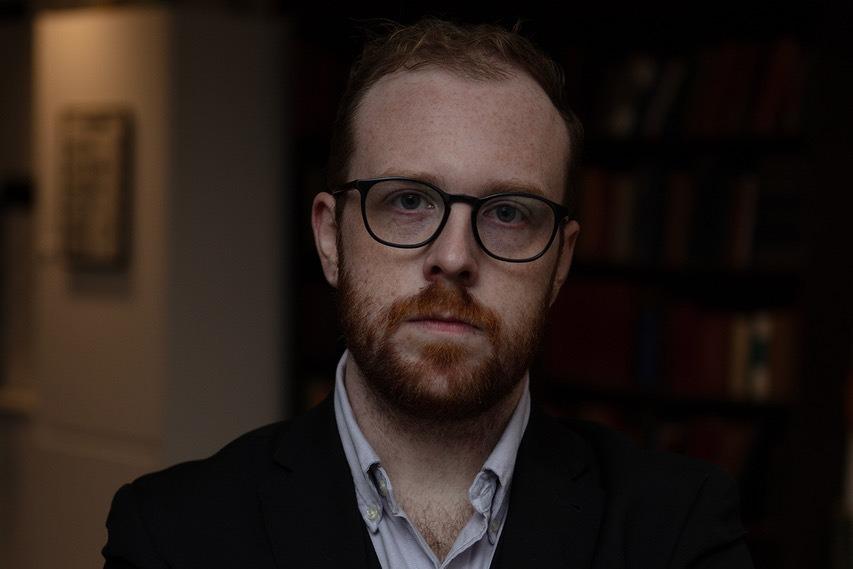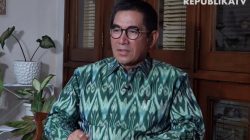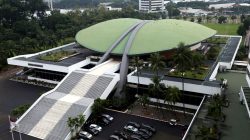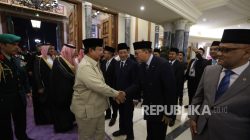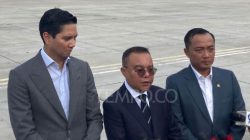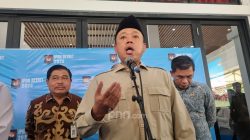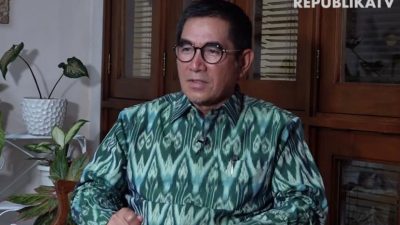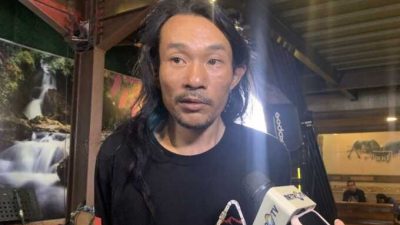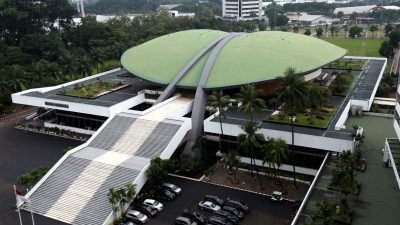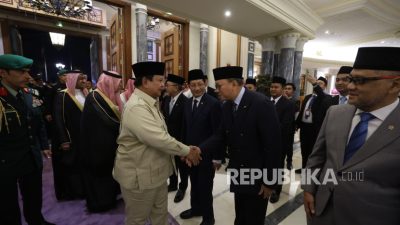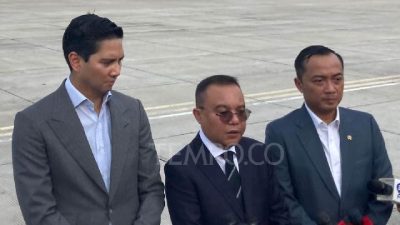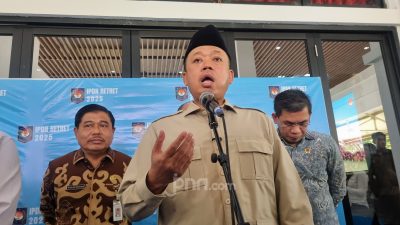During a meeting of the cabinet on Monday (June 30), Robert Eggleston, leader of the council, called on the Church to refer the matter to the Information Commissioner’s Office (ICO).
Mr Eggleston said an un-redacted dossier of information about some protesters was sent to the council among information being gathered for a possible Public Spaces Protection Order.
The church had applied for such an order to stop people from protesting near its premises, but later withdrew the application.
Mr Eggleston said: “We have been sent personal data which includes special category data, sensitive personal data on political affiliations and health, and data covered by article 10 of GDPR – criminal offence data.
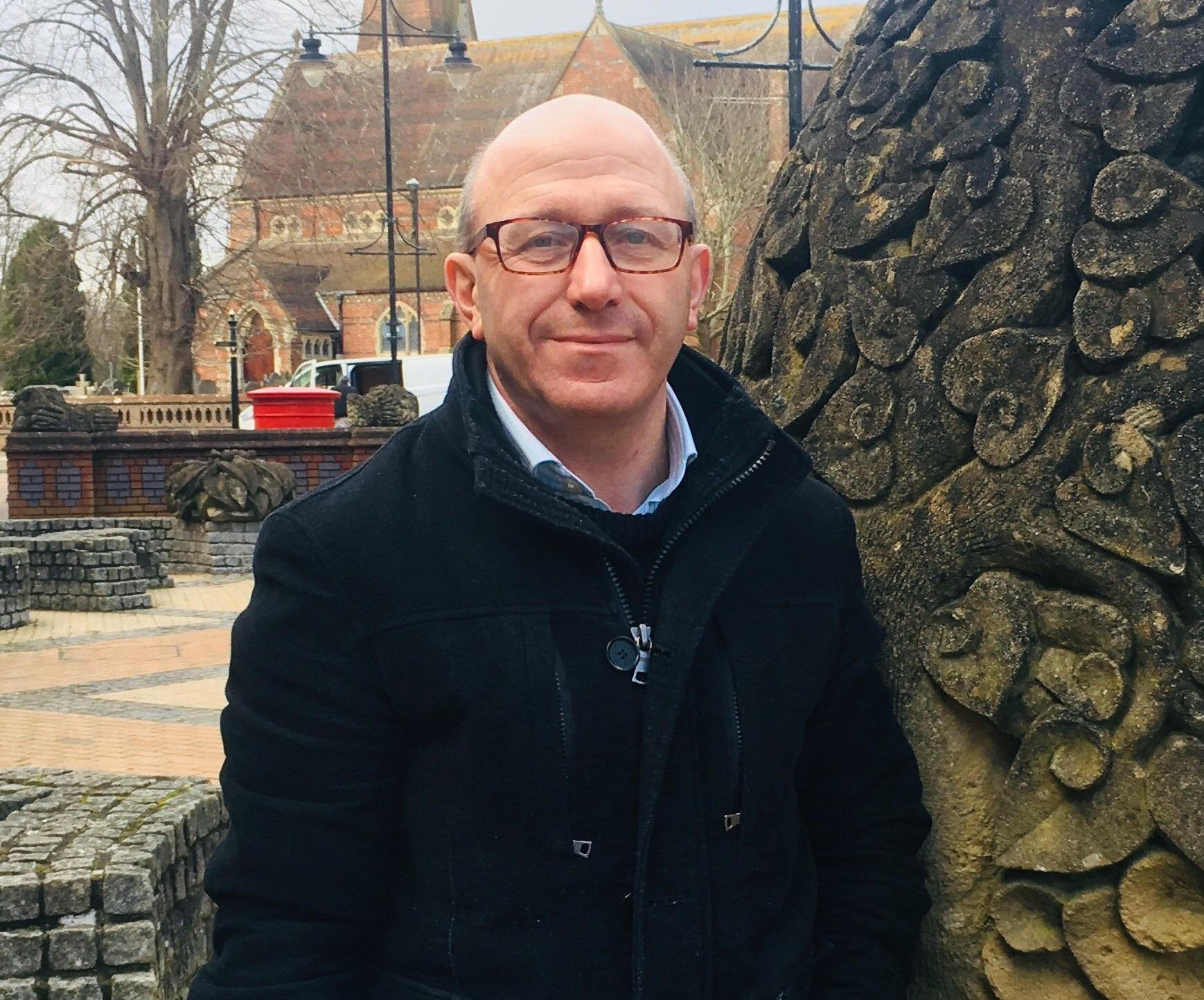
“For the life of me, I cannot see what the lawful basis for the processing of these categories of data is, even in the Scientologists retaining the files or making a disclosure to a third party.
“On the face of it, this looks like a data breach and I would encourage the Scientologists to refer this matter to the ICO without delay.”
Alexander Barnes-Ross, a former member but now an outspoken critic of Scientology, said: “I question how Scientology managed to obtain private medical information about one of the protesters, and why they thought it would be appropriate to process this data – and subsequently forward it on to Mid Sussex District Council.
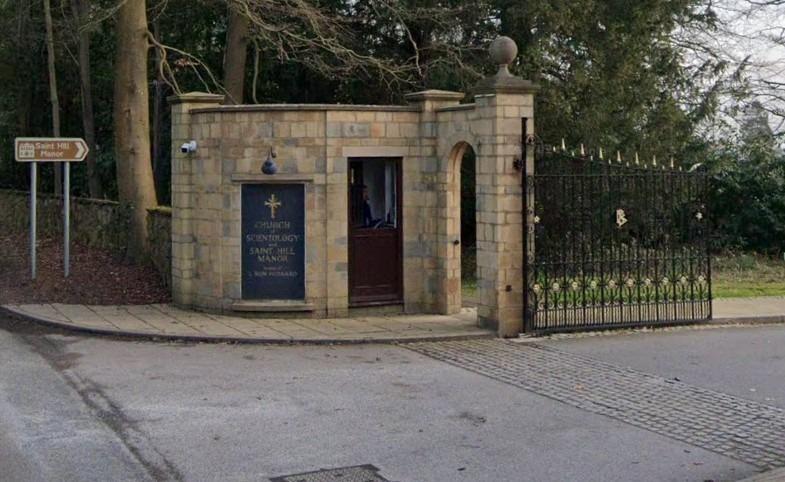
“As the chairman noted, this appears to be a very serious breach in data protection under GDPR, and I hope the Information Commissioner’s Office and associated law enforcement agencies take action to investigate the matter.”
A spokesman for the Church of Scientology said the dossier was compiled from ‘publicly available sources’
He added: “The sharing of this data with the council officers involved in the PSPO decision-making process was in compliance with data protection regulations.
“The information was directly relevant to the request for a Public Spaces Protection Order, the purpose of which was to curb anti-social activities and harassment happening at the entrance to our Church.
“It provided details of past anti-social behaviour and harassment, including public order and harassment offences of which some protesters had been convicted in the recent past.”
The council did not share any names or faces included in the information, publishing a redacted version in its report to the cabinet.
A spokesman said the information would be ‘held safely until such time as it is no longer required, at which point it will be securely destroyed’.

